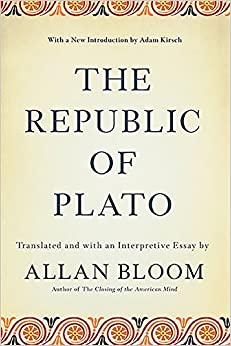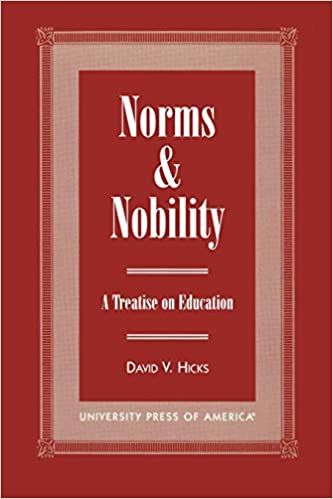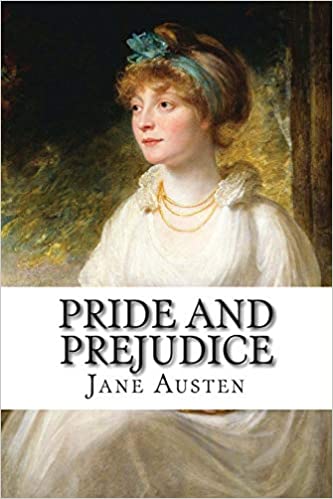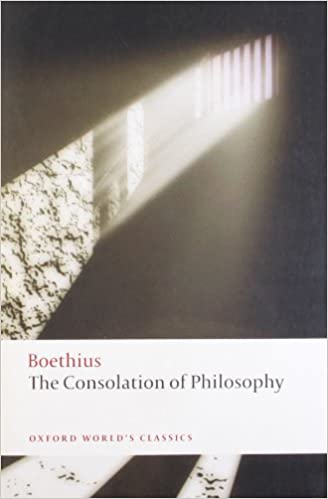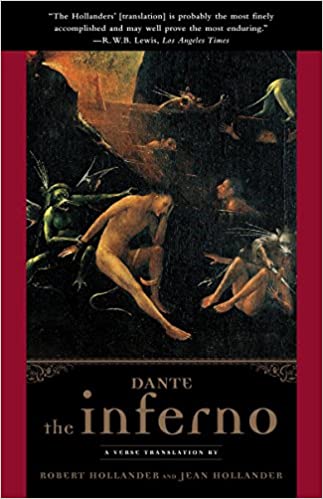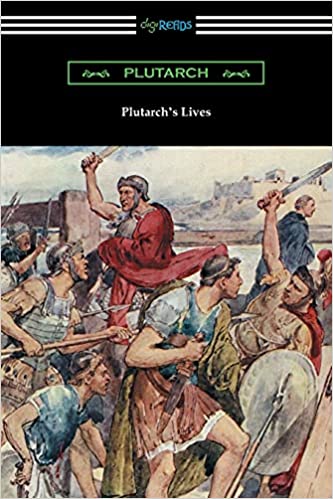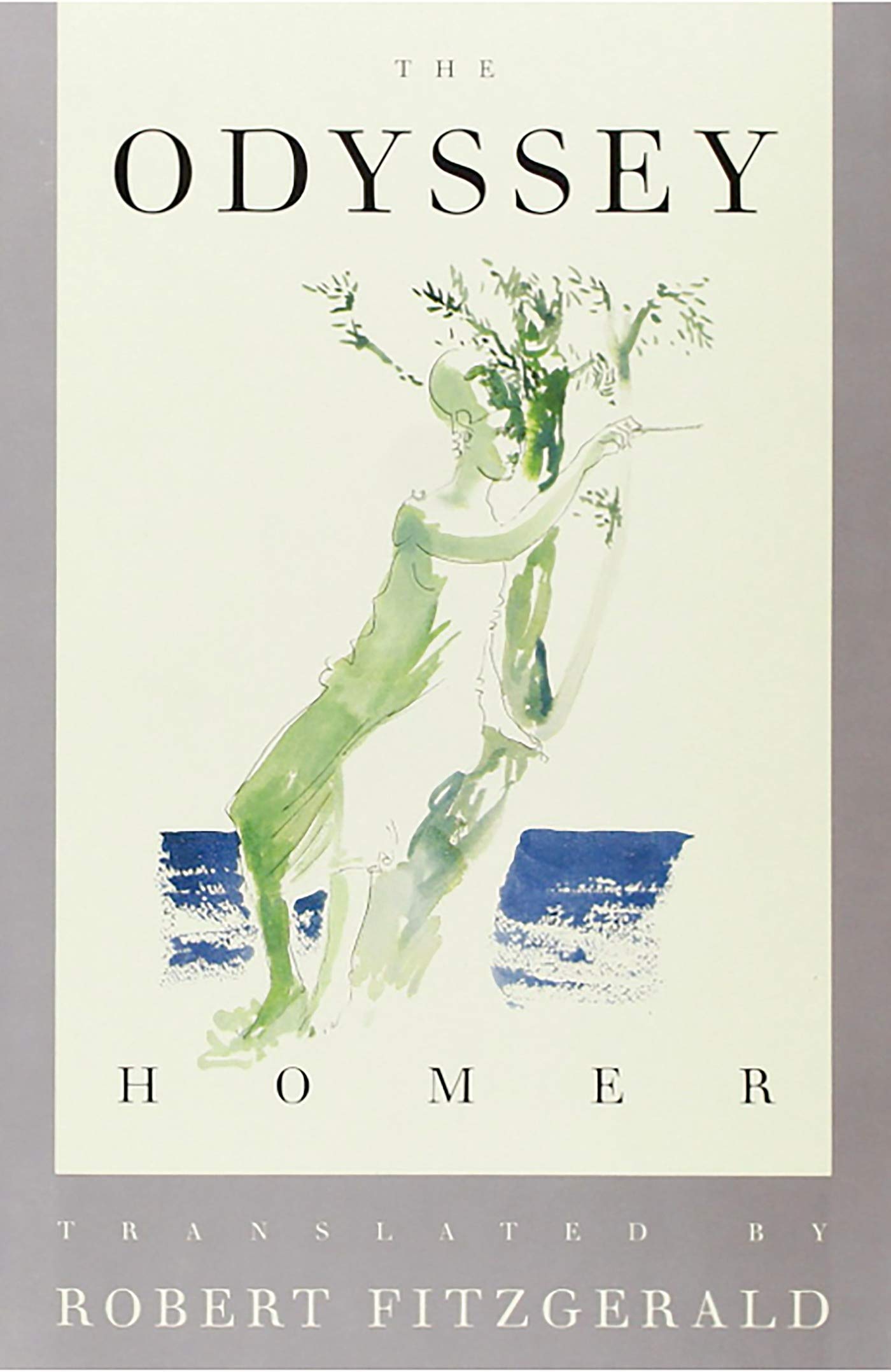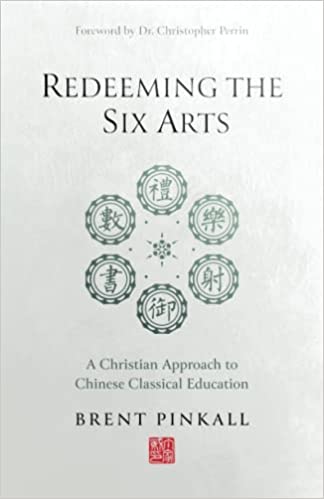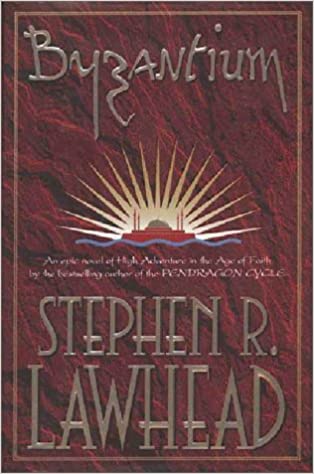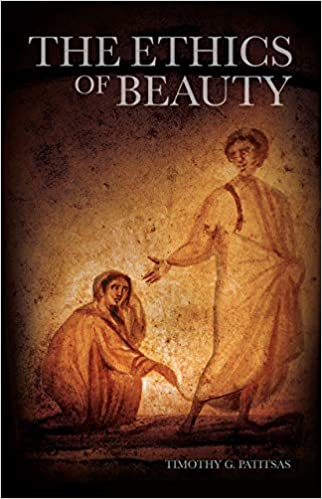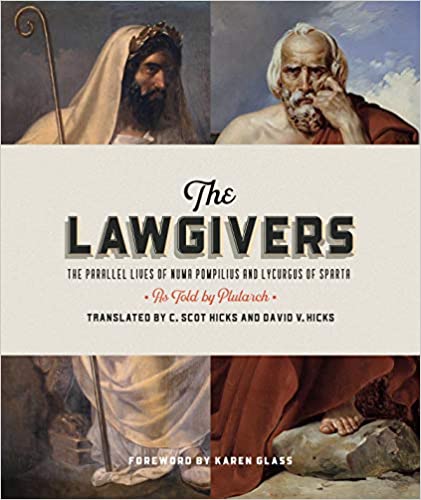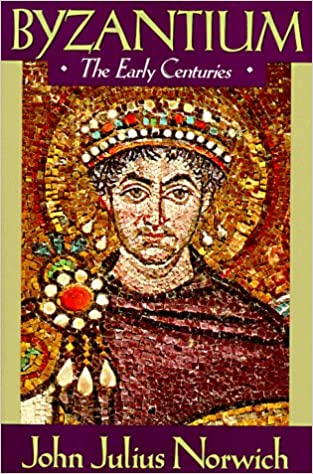The Republic of Plato
The definitive translation of Plato's Republic, the most influential text in the history of Western philosophy
Long regarded as the most accurate rendering of Plato's Republic that has yet been published, this widely acclaimed translation by Allan Bloom was the first to take a strictly literal approach. In addition to the annotated text, there is also a rich and valuable essay -- as well as indices -- which will enable readers to better understand the heart of Plato's intention.
More info →Norms and Nobility: A Treatise on Education
A reissue of a classic text, Norms and Nobility is a provocative reappraisal of classical education that offers a workable program for contemporary school reform. David Hicks contends that the classical tradition promotes a spirit of inquiry that is concerned with the development of style and conscience, which makes it an effective and meaningful form of education. Dismissing notions that classical education is elitist and irrelevant, Hicks argues that the classical tradition can meet the needs of our increasingly technological society as well as serve as a feasible model for mass education.
More info →Pride and Prejudice
Pride and Prejudice is a novel of manners by Jane Austen, first published in 1813. The story follows the main character, Elizabeth Bennet, as she deals with issues of manners, upbringing, morality, education, and marriage in the society of the landed gentry of the British Regency. Elizabeth is the second of five daughters of a country gentleman living near the fictional town of Meryton in Hertfordshire, near London.
Set in England in the early 19th century, Pride and Prejudice tells the story of Mr and Mrs Bennet's five unmarried daughters after the rich and eligible Mr Bingley and his status-conscious friend, Mr Darcy, have moved into their neighbourhood. While Bingley takes an immediate liking to the eldest Bennet daughter, Jane, Darcy has difficulty adapting to local society and repeatedly clashes with the second-eldest Bennet daughter, Elizabeth.
Though Austen set the story at the turn of the 19th century, it retains a fascination for modern readers, continuing near the top of lists of "most loved books." It has become one of the most popular novels in English literature, selling over 20 million copies, and receives considerable attention from literary scholars. Modern interest in the book has resulted in a number of dramatic adaptations and an abundance of novels and stories imitating Austen's memorable characters or themes.
More info →The Consolation of Philosophy
Boethius composed De Consolation Philosophiae in the sixth century A.D. while awaiting death by torture, condemned on a charge of plotting against Gothic rule, which he protested as manifestly unjust. Though a Christian, Boethius details the true end of life as the soul's knowledge of God, and consoles himself with the tenets of Greek philosophy, not with Christian precepts.
Written in a form called Meippean Satire that alternates between prose and verse, Boethius' work often consists of a story told by Ovid or Horace to illustrate the philosophy being expounded. The Consolation of Philosophy dominated the intellectual world of the Middle Ages; it inspired writers as diverse Thomas Aquinas, Jean de Meun, and Dante. In England it was rendered into Old English by Alfred the Great, into Middle English by Geoffrey Chaucer, and later Queen Elizabeth I made her own translation. The circumstances of composition, the heroic demeanor of the author, and the Meippean texture of part prose, part verse have been a fascination for students of philosophy, literature, and religion ever since.
More info →The Inferno (The Divine Comedy Series)
The epic grandeur of Dante’s masterpiece has inspired readers for 700 years, and has entered the human imagination. But the further we move from the late medieval world of Dante, the more a rich understanding and enjoyment of the poem depends on knowledgeable guidance. Robert Hollander, a renowned scholar and master teacher of Dante, and Jean Hollander, an accomplished poet, have written a beautifully accurate and clear verse translation of the first volume of Dante’s epic poem, the Divine Comedy. Featuring the original Italian text opposite the translation, this edition also offers an extensive and accessible introduction and generous commentaries that draw on centuries of scholarship as well as Robert Hollander’s own decades of teaching and research. The Hollander translation is the new standard in English of this essential work of world literature.
More info →Plutarch’s Lives (Volumes I and II)
“Lives” is a series of biographies of famous Greeks and Romans by the ancient Greek historian Plutarch who lived during the first and second century AD. The work consists of twenty-three paired biographies, one Greek and one Roman, and four unpaired, which explore the influence of character on the lives and destinies of important persons of Ancient Greece and Rome. Rather than providing strictly historical accounts, Plutarch was most concerned with capturing his subjects common moral virtues and failings. This volume includes the complete “Lives” in which you will find the biographies of the following persons: Theseus, Romulus, Lycurgus, Numa Pompilius, Solon, Poplicola, Themistocles, Camillus, Pericles, Fabius, Alcibiades, Coriolanus, Timoleon, Æmilius Paulus, Pelopidas, Marcellus, Aristides, Marcus Cato, Philopœmen, Flamininus, Pyrrhus, Caius Marius, Lysander, Sylla, Cimon, Lucullus, Nicias, Crassus, Sertorius, Eumenes, Agesilaus, Pompey, Alexander, Cæsar, Phocion, Cato the younger, Agis, Cleomenes, Tiberius Gracchus, Caius Gracchus, Demosthenes, Cicero, Demetrius, Antony, Dion, Marcus Brutus, Aratus, Artaxerxes, Galba, and Otho. Plutarch’s “Lives” remains today as one of the most important historical accounts of the classical period. This edition is printed on premium acid-free paper.
More info →The Odyssey, translated by Robert Fitzgerald
Robert Fitzgerald's translation of Homer's Odyssey is the best and best-loved modern translation of the greatest of all epic poems. Since 1961, this Odyssey has sold more than two million copies, and it is the standard translation for three generations of students and poets. Farrar, Straus and Giroux is delighted to publish a new edition of this classic work. Fitzgerald's supple verse is ideally suited to the story of Odysseus' long journey back to his wife and home after the Trojan War. Homer's tale of love, adventure, food and drink, sensual pleasure, and mortal danger reaches the English-language reader in all its glory.
Of the many translations published since World War II, only Fitzgerald's has won admiration as a great poem in English. The noted classicist D. S. Carne-Ross explains the many aspects of its artistry in his Introduction, written especially for this new edition.
More info →Redeeming the Six Arts: A Christian Approach to Chinese Classical Education
Christ does not erase our cultural identities. He redeems them.
As Classical Christian Education experiences a renewal in the West, more and more Chinese Christians are eager to participate in it—but they face a dilemma. Contemporary resources on classical Christian education almost unanimously define it as a Western tradition rooted in Western languages, Western literature, and the seven liberal arts. Does this mean that Chinese classical Christian schools must also adopt a Western curriculum? Or might they draw from their own Eastern tradition, one characterized not by men such as Plato, Herodotus, and Shakespeare but by Confucius, Sima Qian, and Li Bai?
In Redeeming the Six Arts, Brent Pinkall argues that classical Christian education is not fundamentally a canon of fixed texts or subjects but rather an approach rooted in the Fifth Commandment: Honor thy father and thy mother. Insofar as our ancestors differ, the languages, literature, and arts we study will also differ. Although Chinese Christians share the same “spiritual” fathers as their Western counterparts, their “earthly” fathers are different, and therefore their curriculum must reflect not only a shared “Christian” heritage but also a unique “classical” heritage.
In Part 1, Pinkall surveys the 4000-year history of Chinese classical education, a tradition rooted in the “six arts”: rites, music, charioteering, archery, script, and calculation. In Part 2, he explores the common grace of God in this rich but pagan tradition and considers how Chinese Christians might redeem it to his glory while avoiding attendant pitfalls, just as the church in the West redeemed the “seven arts” tradition inherited from their pagan, Greco-Roman ancestors. As readers compare the two traditions, they will find both glorious distinctives as well as remarkable similarities. They will discover that God reveals himself not only through the Logos but through the Dao.
More info →Byzantium
Aidan, a scribe in a remote Irish monastery, accompanies a band of monks on a trip to the magical city of Byzantium, where he becomes an ambassador to kings and an intimate of Byzantium's Golden Court.
More info →The Ethics of Beauty
Chaste and ardent eros for the Beautiful is the first task of human life, and falling in love with Beauty is the beginning of every adventure that matters …. In The Ethics of Beauty, Orthodox Christian theologian Timothy Patitsas first considers Beauty’s opposite, the dark events that traumatize victims of war and other ugly circumstances, and then invites us to rediscover the older Beauty-first response to moral questions and the integrity of the soul. Covering topics ranging from creation to political theory to the Jesus Prayer, including war, psychology, trauma, chastity, healthy shame, gender, marriage, hospitality, art, architecture, theology, economics, urban planning, and complexity theory, The Ethics of Beauty lays out a worldview in which Beauty, Goodness, and Truth are each embraced as indispensable elements of the best possible human life.
More info →The Lawgivers: The Parallel lives of Numa Pompilius and Lycurgus of Sparta
Long considered an essential title in classical literature, Plutarch s Lives have, unfortunately, fallen out of favor among many contemporary readers and educators. Most translations have rendered Plutarch s original language, which is so energetic in the Greek, quite dryly in English, thus relegating these classic tales to the dusty bookshelves of specialists. However, this new translation by C. Scot Hicks and David V. Hicks (The Emperor s Handbook) brings Plutarch s original tales to life, making them accessible for today s readers and students thanks to their highly readable rendition of Plutarch s prose. Featuring thorough commentary on the historical context of these two great men, maps, illustrations, and more, The Lawgivers will introduce a new generation of readers to this truly essential and enjoyable writer.
More info →Byzantium (I): The Early Centuries
Volume 1 of the series. Includes 32 pages of illustrations, and 11 maps and tables.
More info →
